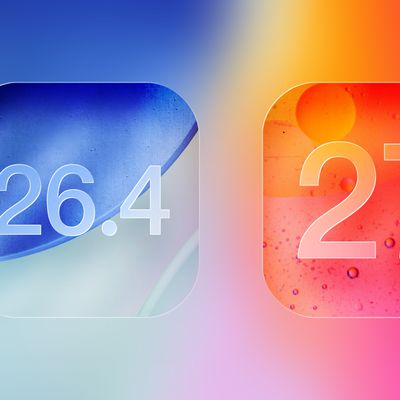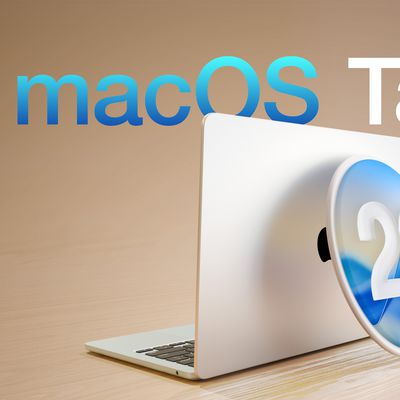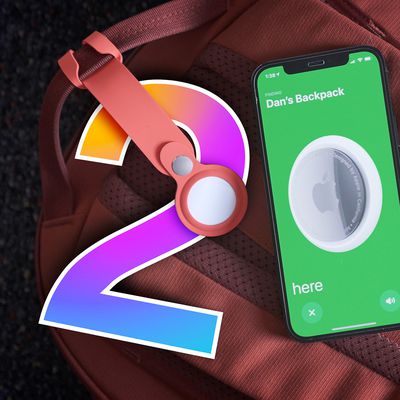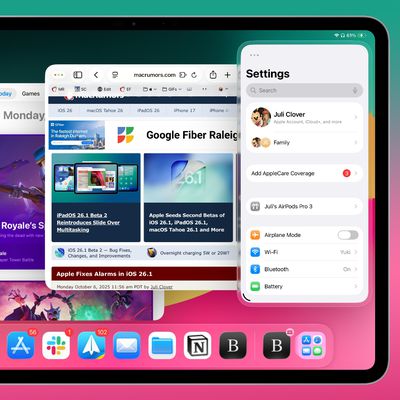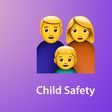Apple's mobile apps are often first in App Store search results ahead of competitors, according to a new analysis done by The Wall Street Journal.
For basic searches like "maps," Apple's apps ranked first more than 60 percent of the time in the WSJ's testing. Apps that generate revenue like Music or Books showed up first in 95 percent of related searches.
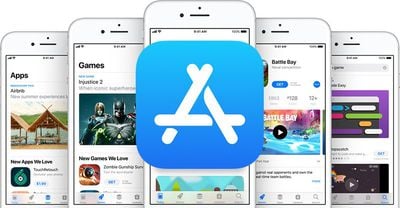
Apple, in response to questioning from the Wall Street Journal, did its own testing and said that it had different results where its apps didn't rank first.
Apple says that it uses an algorithm that uses machine learning and past consumer preferences, leading to app rankings that often fluctuate. Apple suggested that its apps ranked first in the WSJ's testing because those apps are popular with consumers. Apple says that all apps are subjected to the same search algorithm, including its own.
"Apple customers have a very strong connection to our products and many of them use search as a way to find and open their apps," Apple said in a statement. "This customer usage is the reason Apple has strong rankings in search, and it's the same reason Uber, Microsoft and so many others often have high rankings as well."
Many of the Apple apps in the App Store are installed by default on iPhones and iPads, though they can now be deleted if desired. Having them available in the App Store lets customers who have deleted them restore them when needed.
In one example, the WSJ highlights the audiobooks search category. The top spot was held by AudioBooks.com for two years before it was unseated by the Apple Books app last September, which led to a 25 percent decline in AudioBooks.com's daily app downloads. Apple Books ranks first for audiobooks, books, and reader searches, leading the audiobooks category because of "user behavior data" and the "audiobooks" keyword, says Apple.
Similarly, Apple Maps ranks first in a search for "maps," while the TV app and the iTunes Store come up first in searches for keywords like "tv," "movies," and "videos."
The Wall Street Journal suggests that Apple's App Store dominance gives Apple an upper hand, especially as many default apps are not held to the same standards that third party apps are required to adhere to. Many Apple apps, for example, do not feature reviews or ratings, which is one of the factors that influence search results along with downloads.
There are a total of 42 factors used to determine where apps rank in search, but the factors with the most influence are downloads, ratings, relevance, and user behavior. User behavior includes the number of times that users select an app after a search and then go on to download it, according to Apple.
Apple is facing legal battles over its App Store policies. The U.S. Supreme Court ruled in May that a lawsuit accusing Apple of anticompetitive behavior for requiring apps to be sold through the App Store could continue, and the European Commission has asked Apple for answers after Spotify accused it of anticompetitive App Store business practices related to the fee that Apple collects from app developers.
The Wall Street Journal's full report on Apple's App Store search rankings can be read over on the WSJ website.



